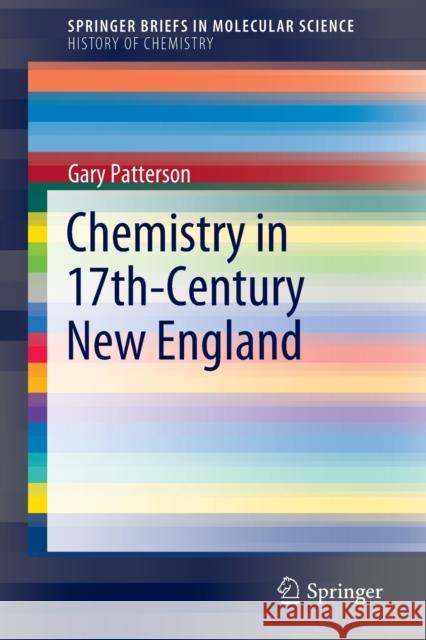Chemistry in 17th-Century New England » książka
topmenu
Chemistry in 17th-Century New England
ISBN-13: 9783030432607 / Angielski / Miękka / 2020 / 94 str.
Kategorie BISAC:
Wydawca:
Springer
Język:
Angielski
ISBN-13:
9783030432607
Rok wydania:
2020
Wydanie:
2020
Ilość stron:
94
Waga:
0.16 kg
Wymiary:
23.39 x 15.6 x 0.56
Oprawa:
Miękka
Wolumenów:
01
Dodatkowe informacje:
Wydanie ilustrowane











